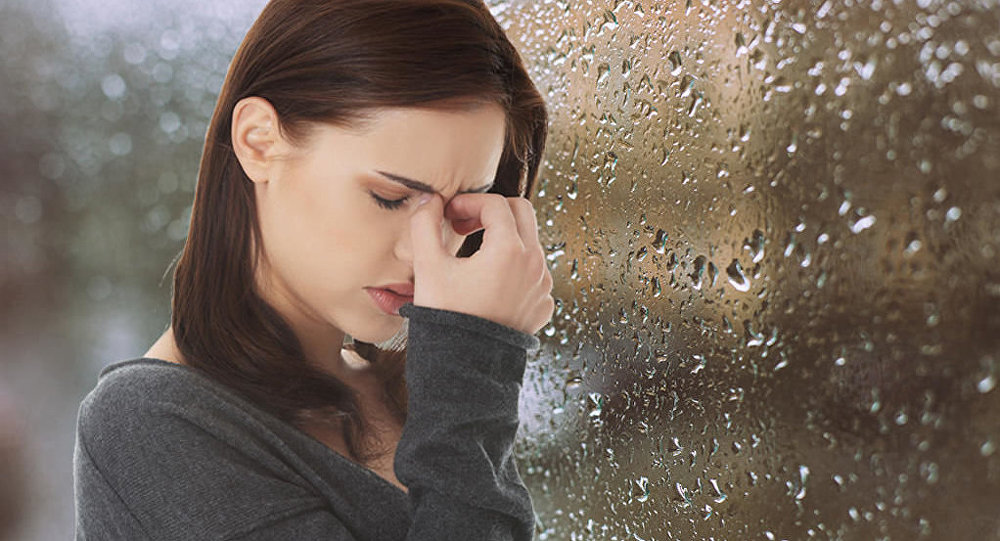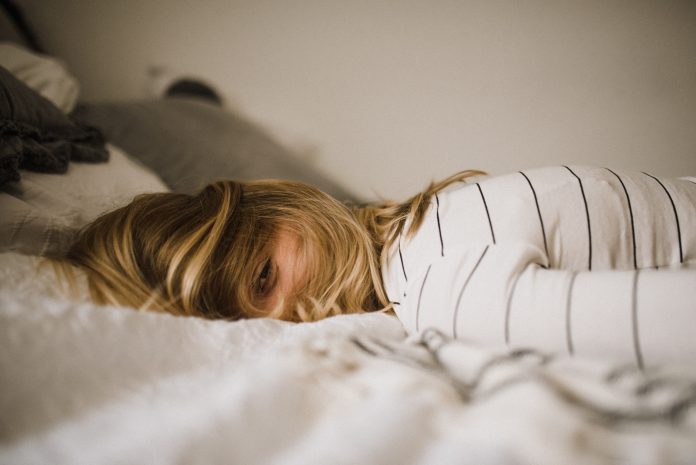Caffeine intake affects migraine risk, Harvard study found
Professional coffee knowledge exchange more coffee bean information please follow the coffee workshop (Wechat official account cafe_style)
According to foreign media reports, a new study from Harvard University's Chen Zengxi School of Public Health (Harvard TH Chan School of Public Health) warns that if you are one of millions who are prone to migraines, don't drink another cup of coffee. Their findings were published in the American Journal of Medical Science.
The study assessed caffeine and its effects on people who are prone to migraines. Although caffeine does not necessarily cause migraines, the risk of migraines increases significantly after a few cups of coffee.
Caffeine is widely used in the treatment of headaches, so some over-the-counter painkillers for headaches are mixed with caffeine. However, a newly published study has found that caffeine may eventually make things worse, especially for people who are less tolerant to the popular stimulant.
The study, led by Elizabeth Mostofsky, an epidemiology lecturer at Harvard's Chen Zengxi School of Public Health, found that drinking three caffeinated drinks a day-coffee, tea, soda or similar-increased the risk of migraines.
It is reported that a total of 98 people participated in the survey, mainly whites and women who began to have headaches at the average age of 16. The volunteers' diary analysis showed that caffeinated drinks really affected their self-feelings, but their effects were only shown when they were consumed in large amounts.

In particular, the team found that drinking one or two cups of coffee or caffeinated drinks a day had no effect on the health of migraine patients. But if they had three or more drinks after that, they were more likely to have a headache.
However, excessive consumption of caffeinated drinks is not the only cause of severe headaches. If caffeine drinkers take the stimulant for a long time and then suddenly start reducing their intake, they are at a very high risk of getting a headache. The study points out that people need to control their intake and maintain consistency to avoid sudden and drastic changes.
END
Important Notice :
前街咖啡 FrontStreet Coffee has moved to new addredd:
FrontStreet Coffee Address: 315,Donghua East Road,GuangZhou
Tel:020 38364473
- Prev

Does drinking coffee before going to bed cause insomnia? New research reveals that the sleep killer is someone else.
Professional coffee knowledge exchange more coffee bean information Please follow the coffee workshop (Wechat official account cafe_style) many people are used to drinking coffee refreshing, if it is too late to drink will not sleep. However, recent research has completely overturned the existing beliefs of many people. A 14-year study in the United States found that drinking coffee near bedtime does not interfere with sleep, but is the most likely cause of insomnia.
- Next

What kind of coffee is there in Spain? 9 Flavors of Spanish Coffee
Professional coffee knowledge exchange More coffee bean information Please pay attention to coffee workshop (Weixin Official Accounts cafe_style) Picasso, Miro and Dali, the world's three major surrealist painters, Gaudi architecture, flamenco dance, bullfight and Don Quixote, all of which come from Spain.
Related
- How did the Salvadoran coffee industry develop in Central America?
- What exactly does the golden cup extraction of coffee mean?
- The Origin of Coffee flower
- [2023 Starbucks World Earth Day] there are more meaningful things besides free Starbucks coffee!
- What kind of coffee is there in Spain? 9 Flavors of Spanish Coffee
- Aromatic African coffee| Kenya's coffee culture and historical production area
- Liberica Coffee Bean knowledge: the characteristics of Liberian Coffee beans of the three original species of Coffee beans
- The origin and formula of Spanish latte introduces the taste characteristics of Bombon coffee in Valencia, Spain.
- How to adjust the solution of over-extracted coffee
- What is the tasting period of coffee beans? What is the period of coffee and beans? How should coffee wake up and raise beans?

